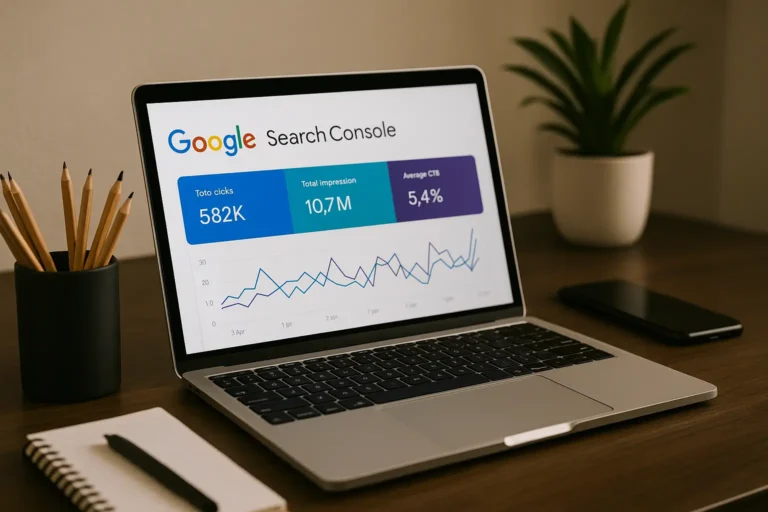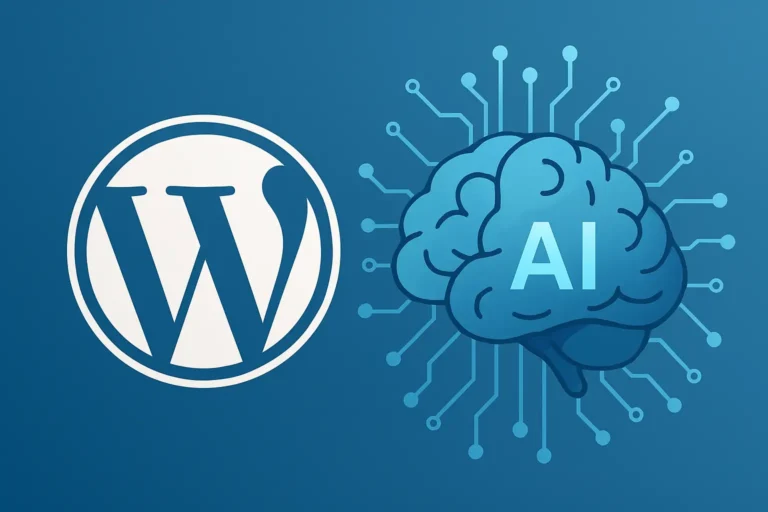In today’s digital age, having a strong online presence is essential for businesses of all sizes. Whether you’re a small local shop or a large multinational corporation, being easily discoverable online can make or break your success. This is where SEO services come into play. SEO, or Search Engine Optimization, is the process of enhancing your website to rank higher in search engine results, thereby increasing visibility and attracting more traffic. In this blog post, we’ll delve into the key components and benefits of SEO services, breaking down everything you need to know to get started on optimizing your online presence.
Introduction
SEO services encompass a variety of techniques and strategies aimed at improving your website’s visibility on search engines like Google, Bing, and Yahoo. The ultimate goal is to rank higher in search engine results pages (SERPs) for relevant keywords, driving organic traffic to your site. Effective SEO can lead to increased brand awareness, higher website traffic, and ultimately, more conversions and sales.
Understanding SEO Services
SEO services are multifaceted, involving both on-page and off-page optimization techniques. Let’s break down the core components of effective SEO services.
1. Keyword Research and Optimization
Keyword research is the foundation of any successful SEO strategy. It involves identifying the search terms that potential customers are using to find products or services like yours. Tools like Google Keyword Planner, SEMrush, and Ahrefs can help you discover high-volume, low-competition keywords to target.
Once you’ve identified your target keywords, the next step is keyword optimization. This involves strategically incorporating these keywords into various elements of your website, including:
- Title tags: The title of your web pages should include relevant keywords to signal to search engines what the page is about.
- Meta descriptions: These brief summaries of your pages should also include keywords and provide a compelling reason for users to click on your link.
- Headers: Use keywords in your H1, H2, and H3 tags to structure your content and make it easier for search engines to understand.
- Content: Naturally integrate keywords throughout your website content, ensuring it reads well for users and doesn’t feel forced.
Effective keyword research and optimization can significantly improve your website’s search engine rankings, making it easier for potential customers to find you.
2. On-Page SEO
On-page SEO refers to the optimization of individual web pages to rank higher and earn more relevant traffic. This involves a variety of techniques aimed at improving the content and structure of your website. Key on-page SEO components include:
- Content quality: High-quality, informative, and engaging content is crucial for SEO success. Ensure your content provides value to users and addresses their needs and questions.
- URL structure: Clean, descriptive URLs that include relevant keywords can improve your site’s visibility.
- Internal linking: Linking to other pages on your website helps search engines understand the structure of your site and can improve the ranking of your pages.
- Image optimization: Use descriptive file names and alt text for images to help search engines understand the content of your images.
- Mobile-friendliness: With more users accessing the web via mobile devices, having a mobile-friendly website is essential. Use responsive design to ensure your site looks and functions well on all devices.
By focusing on these on-page SEO elements, you can improve your website’s relevance and authority, making it more likely to rank higher in search results.
3. Technical SEO
Technical SEO involves optimizing the technical aspects of your website to ensure search engines can crawl and index it effectively. This includes:
- Site speed: Fast-loading websites provide a better user experience and are favored by search engines. Use tools like Google PageSpeed Insights to identify and fix speed issues.
- XML sitemaps: An XML sitemap helps search engines understand the structure of your site and find all your pages.
- Robots.txt: This file tells search engines which pages they should and shouldn’t crawl. Ensure your robots.txt file is correctly configured to avoid blocking important pages.
- Structured data: Implementing structured data (schema markup) can help search engines understand the content of your pages and improve the way your site appears in search results.
A well-optimized website from a technical perspective is essential for ensuring search engines can access and understand your content, leading to better rankings.
4. Off-Page SEO
Off-page SEO refers to actions taken outside of your website to impact your rankings within search engine results pages. This primarily involves building backlinks, which are links from other websites to yours. Key off-page SEO strategies include:
- Link building: Acquiring high-quality backlinks from reputable websites can significantly boost your site’s authority and rankings. Focus on earning links from industry-relevant sites and avoid spammy link-building practices.
- Social media: While social media signals aren’t a direct ranking factor, having a strong social media presence can drive traffic to your site and increase brand awareness.
- Guest blogging: Writing articles for other websites in your industry can help you gain exposure and earn valuable backlinks.
- Influencer outreach: Collaborating with influencers in your niche can help you reach a wider audience and build credibility.
Effective off-page SEO can enhance your site’s authority and visibility, making it more likely to rank well in search results.
Benefits of SEO Services
Investing in SEO services offers numerous benefits for businesses. Here are some of the key advantages:
1. Increased Organic Traffic
One of the primary benefits of SEO services is the potential for increased organic traffic. By optimizing your website for relevant keywords and improving your rankings, you can attract more visitors who are actively searching for products or services like yours. Unlike paid advertising, organic traffic is free, providing a cost-effective way to grow your audience.
2. Better User Experience
SEO isn’t just about pleasing search engines; it’s also about providing a better experience for your users. By optimizing your website’s content, structure, and performance, you can create a more user-friendly site that meets the needs of your visitors. A positive user experience can lead to higher engagement, lower bounce rates, and more conversions.
3. Higher Credibility and Authority
Ranking high in search engine results can enhance your brand’s credibility and authority. Users tend to trust websites that appear at the top of search results more than those that don’t. By investing in SEO services and consistently appearing at the top of search results, you can build trust with your audience and establish your brand as an industry leader.
4. Long-Term Results
Unlike paid advertising, which stops generating traffic once you stop paying, the results of SEO can be long-lasting. While it may take time to see significant results, the effort you put into optimizing your website can pay off for years to come. By maintaining and updating your SEO strategy, you can continue to attract organic traffic and stay ahead of your competitors.
5. Cost-Effective Marketing
SEO services are a cost-effective marketing strategy compared to traditional advertising methods. While there are costs associated with hiring an SEO agency or specialist, the long-term benefits and increased organic traffic can provide a higher return on investment (ROI). Plus, the insights gained from SEO can inform other marketing efforts, further maximizing your budget.
Conclusion
In conclusion, SEO services are essential for any business looking to improve its online visibility, attract more organic traffic, and achieve long-term success. By understanding and implementing key SEO components such as keyword research, on-page optimization, technical SEO, and off-page strategies, you can enhance your website’s performance and stay ahead of the competition. The benefits of SEO services, including increased traffic, better user experience, higher credibility, and cost-effective marketing, make it a worthwhile investment for businesses of all sizes.
We hope this comprehensive guide has provided valuable insights into the world of SEO services. If you have any questions or would like to share your own experiences with SEO, please leave a comment below. We’d love to hear from you and continue the conversation!




